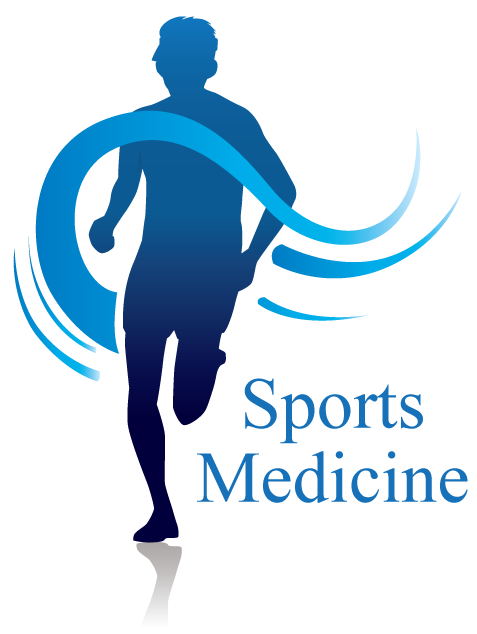Yet Another Good Reason to Keep Up Those New Year’s Resolution
 February can be the month where New Year’s resolutions often go to die. All those promises to cut down or out the foods and habits that sabotage your health lose their importance. As the novelty of the New Year wears off, even the best of us can waver in our resolve. Even if it has become difficult to keep your diet resolutions, the advantages of eating healthy are still significant and worth getting back on track for. A healthy diet not only provides innumerable benefits to your body, but can also help you avoid sports hernia injuries.
February can be the month where New Year’s resolutions often go to die. All those promises to cut down or out the foods and habits that sabotage your health lose their importance. As the novelty of the New Year wears off, even the best of us can waver in our resolve. Even if it has become difficult to keep your diet resolutions, the advantages of eating healthy are still significant and worth getting back on track for. A healthy diet not only provides innumerable benefits to your body, but can also help you avoid sports hernia injuries.
An apple a day is said to keep the doctor away, but it’ll take more than a piece of fruit to keep a sports hernia injury at bay. The refrain that every athlete has heard for years – a balanced, nutritious diet – is key to preventing or recovering from a sports hernia. When training for anything, practicing or playing, it’s critical to put the right nutrients into your body. The same goes when working to prevent an injury. However, nutrition becomes even more important after a sports hernia injury. Fueling your body with the right types of foods only helps to minimize your chances for injury or speed your recovery.
Preventing a sports hernia requires awareness of both activity and diet. While it seems obvious that regular exercise may help you avoid an injury, it’s harder to know how to optimize your diet. Following only a few simple guidelines can help you get on the right track to a balanced, healthy diet that will help to minimize your chances of sustaining a sports hernia. You already know this, but sometimes a reminder is just what you need to motivate yourself again.
As always, it is crucial to focus on complex carbohydrates rather than the simple ones found in refined sugars, syrup, and sweetened juices. These simple carbohydrates are easily broken down and don’t offer many vitamins or essential nutrients. On the other hand, more complex carbohydrates, such as vegetables and whole grains, contain many added benefits. Fruits and vegetables offer a myriad of perks, including the high fiber content of pears and papayas and the antioxidants in berries.
Proteins and fats are also key components of a balanced diet. Meat is the most common form of protein, and lean meats provide a high amount of protein. For those who don’t eat meat, whey protein, hummus, and cottage cheese are all great alternatives that can be used in a wide variety of dishes. Hydrogenated fats and oils should be avoided, but healthy fats like coconut and olive oil are acceptable.
On the other side, a balanced diet can also help you reap benefits while recovering from a sports hernia injury. Choose foods that are easy to digest, but along the same lines as a normal healthy diet. White fish, chicken, and turkey are all good sources of protein, necessary for muscle recovery and health. Fruits and veggies high in fiber such as tart green apples, pears, and papayas will aid digestion. Soluble fiber sources can also include those found in complex carbohydrates, which minimize strain on your body and promote healing.
Eating healthier was a great resolution to make on January 1, and it is a great resolution to keep now. A balanced diet all year long will reduce your risk for many injuries, including sports hernias, and promote your overall physical well-being.
If you wish to read about some of the medical literature:
http://www.ncbi.nlm.nih.gov/pubmed/7536138
